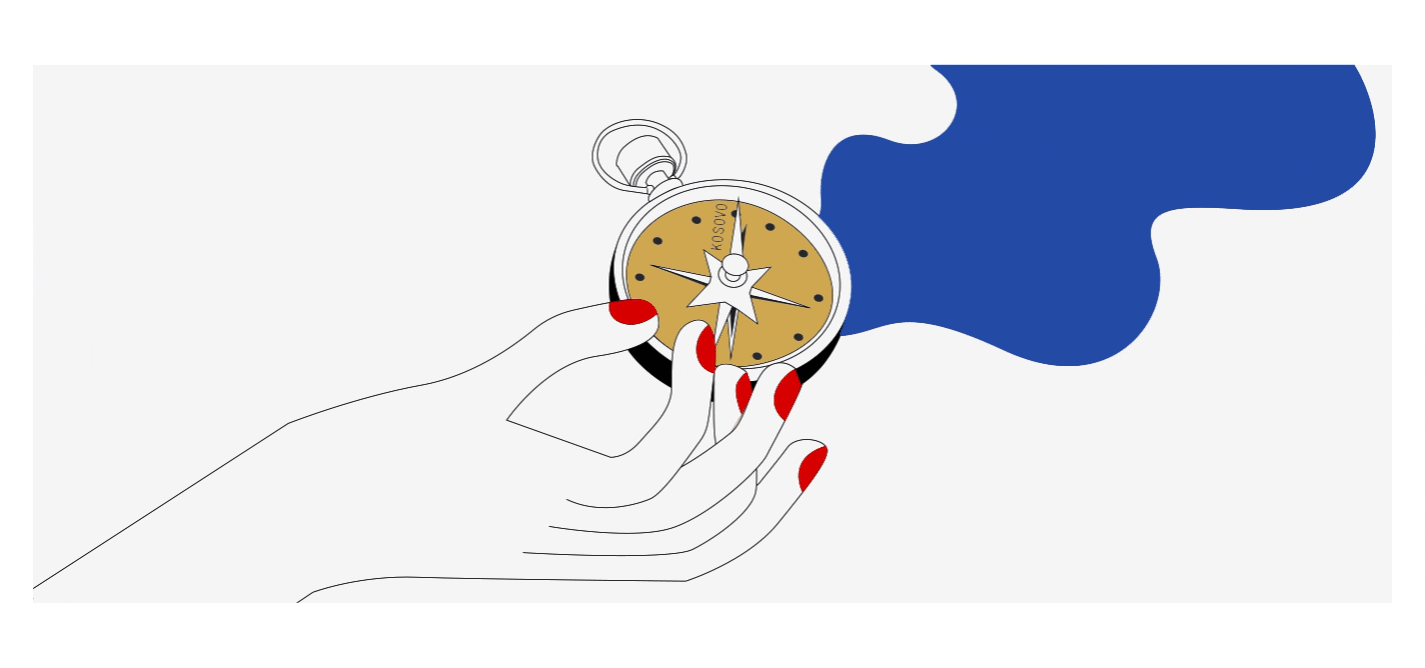
We are immigrants. Was it worth it?
“The first generation thinks about survival; the ones that follow tell the stories.” — Hua Hsu.
Instead, as most of their generation had to, they did whatever job helped them survive, putting their own dreams aside.
My successes could not change their daily lives; those dreams, in reality, had been more theirs than mine.
I am moved by the urgency and the need with which they immediately sought contact with their roots, despite having just returned from Kosovo after spending a week there.

Gezim Qadraku
Gezim Qadraku was born in Kosovo and grew up and lived in Italy for 20 years. He now lives in Germany. Gezim holds a Bachelor’s in International Political Science from the Università degli Studi di Milano and a Master’s in International Economics and Public Policy from the University of Trier. He speaks four languages.
This story was originally written in Albanian.